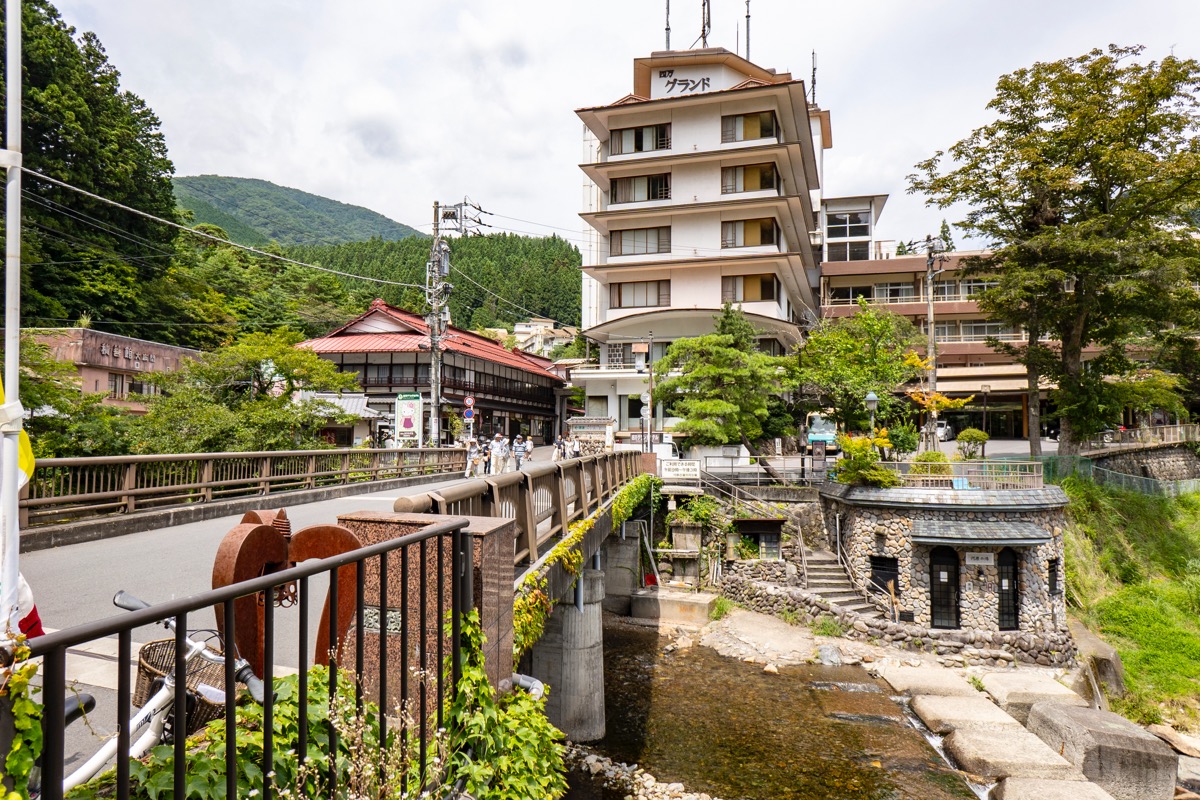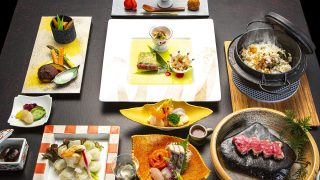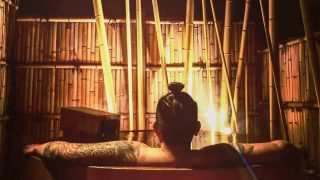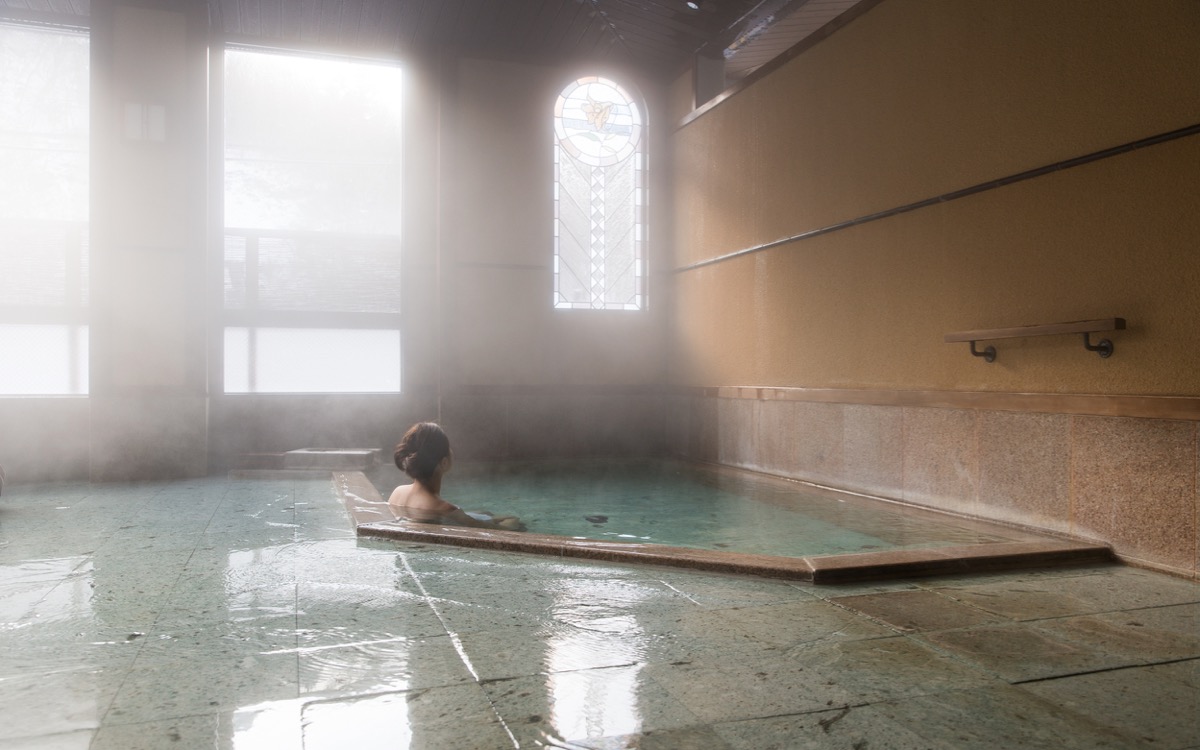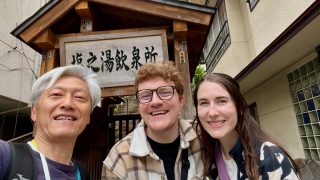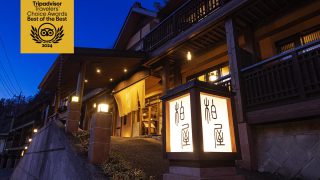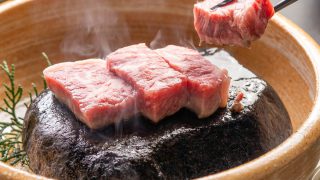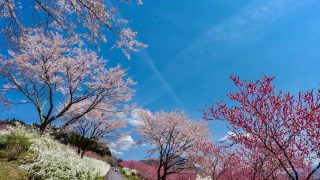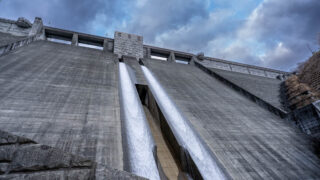 Shima Onsen
Shima Onsen Renewable energy to protect our nature : Shima Onsen
Shima Onsen has dams to generate hydroelectricity. Shima Onsen is located in the northwest mountains of Gunma prefecture, and it is spread along the Shima River Valley. To preserve and to utilize resources our mountains and clear river, we have a few hydroelectric dams in this area.
